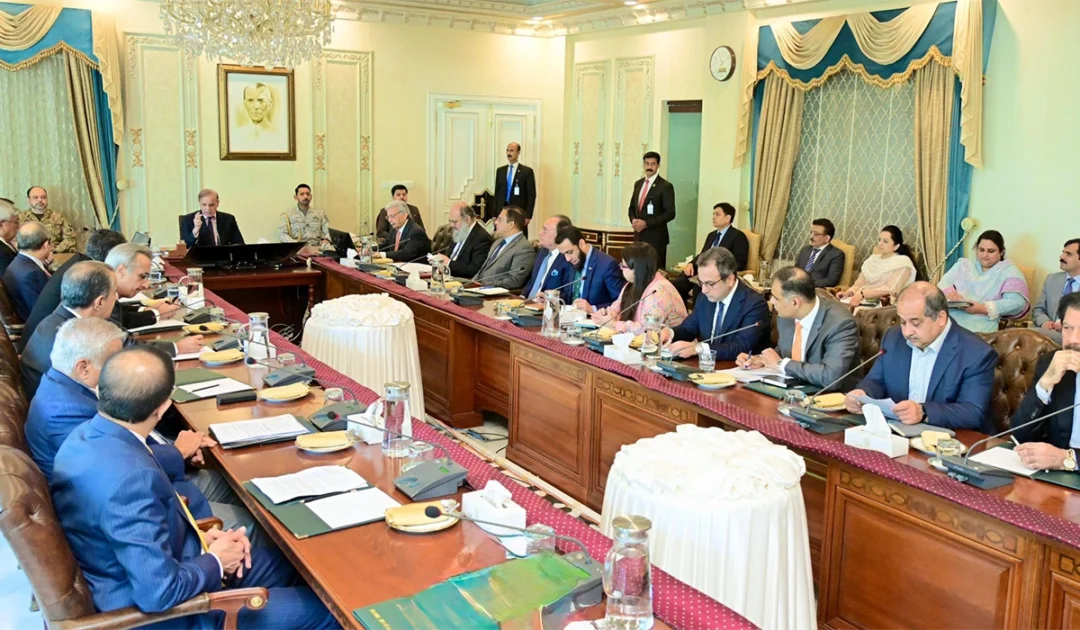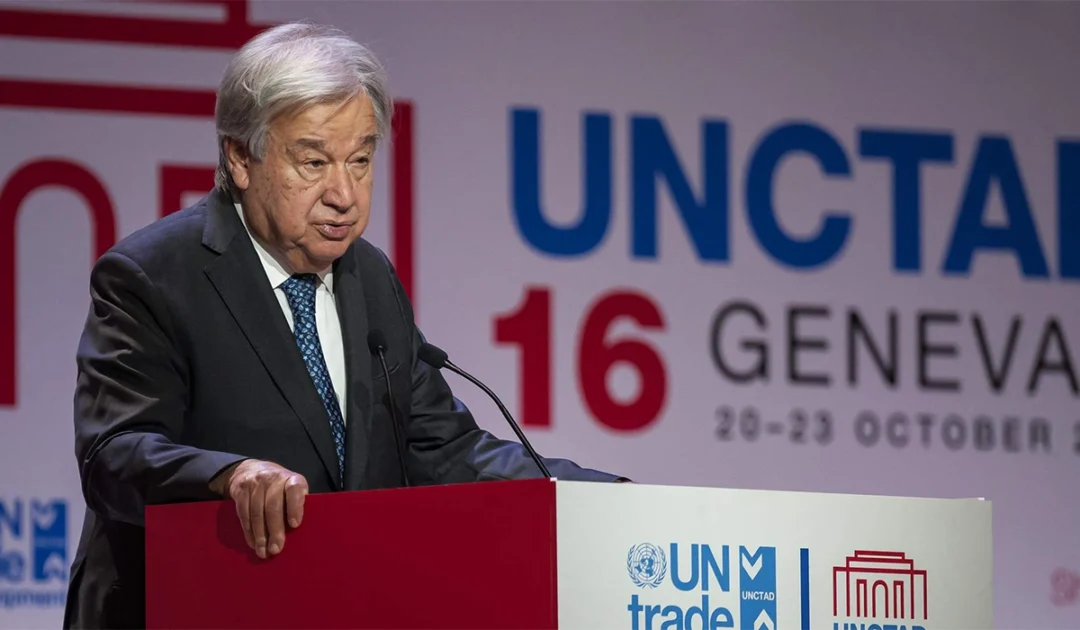Pakistan launches major overhaul of electricity sector, introduces consumer choice
-
- Web Desk Karachi
- Nov 11, 2024

ISLAMABAD: Pakistan has officially embarked on a major overhaul of its energy transmission sector, focusing on the restructuring of the National Transmission and Dispatch Company (NTDC). The aim is to enhance efficiency and reduce costs within the country’s power grid by splitting NTDC into three distinct entities by early next year, reported The News International.
At a recent press conference, Federal Minister for Energy Owais Leghari shared that the restructuring process is already underway, with full operational capacity anticipated by February 2025. “NTDC has faced long-standing mismanagement issues, and we are implementing extensive changes to rectify this,” he stated. The cabinet has already greenlit the restructuring, which is expected to enhance oversight and tackle persistent challenges such as project delays, cost overruns, corruption, and nepotism.
The restructuring will establish three independent organizations: the National Grid Company of Pakistan (NGCP), the Energy Infrastructure Development and Management Company (EIDMC), and the Independent System and Market Operator (ISMO). NGCP will concentrate on improving the reliability and efficiency of the country’s power transmission services. EIDMC will manage energy infrastructure projects and development activities, while ISMO will create a competitive electricity market, enabling consumers to select from various suppliers, including distributors, to help reduce costs. Each new entity will operate with a separate board of directors to enhance accountability and streamline operations, significantly reducing the workforce from thousands to approximately 50-70 staff members per company.
In tandem with the NTDC restructuring, the government is in discussions with private energy producers to lower consumer costs, specifically targeting a reduction in power tariffs. Following these talks, the government will engage with its own power generators, including local renewable energy sources like wind and solar, to further reduce expenses and cut electricity rates.
The minister emphasized Pakistan’s increasing role in green energy, noting that renewable sources such as wind, solar, nuclear, and hydropower now represent 55% of the country’s energy composition. He expressed confidence that within the next decade, 88% of the nation’s energy production would derive from clean sources. “We are proud to be a regional leader in green energy,” he remarked.
Leghari also pointed to the prime minister’s recently unveiled Electricity Sahulat Package, which aims to lower electricity prices by Rs26 per unit for consumers during the winter (from December 2024 to February 2025). The initiative is intended to incentivize consumers to use electricity for heating rather than gas. If successful, this package could become an annual initiative, providing reduced rates during colder months.
“Our objective is to consistently provide affordable electricity to the public,” he added, reiterating the government’s commitment to further reforming the energy sector with the ultimate goal of making Pakistan the most efficient energy provider in the region. He highlighted recent advancements in preventing and recovering power theft, which have contributed to improved energy management, and encouraged consumers to take advantage of the new winter electricity package, emphasizing its potential to stimulate economic activity while supporting the country’s energy efficiency goals.





